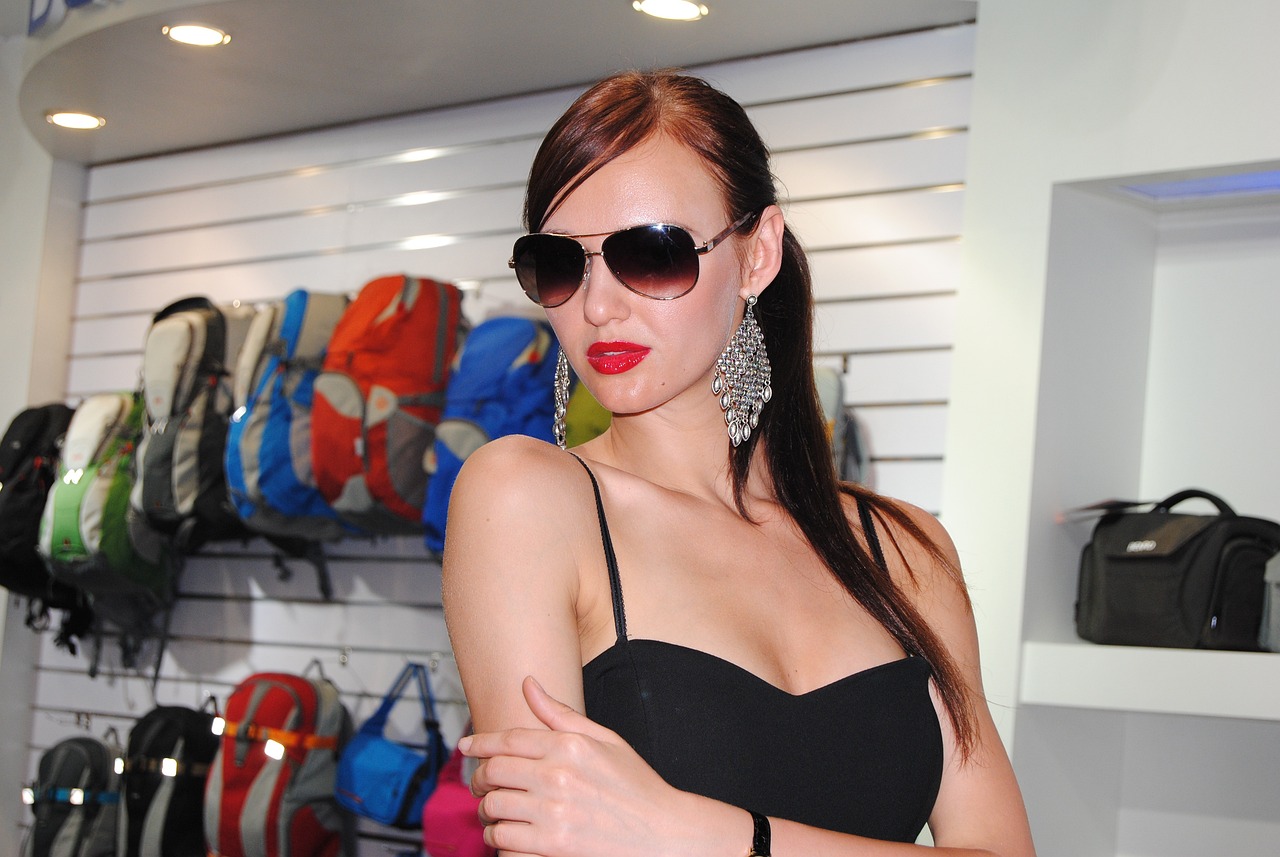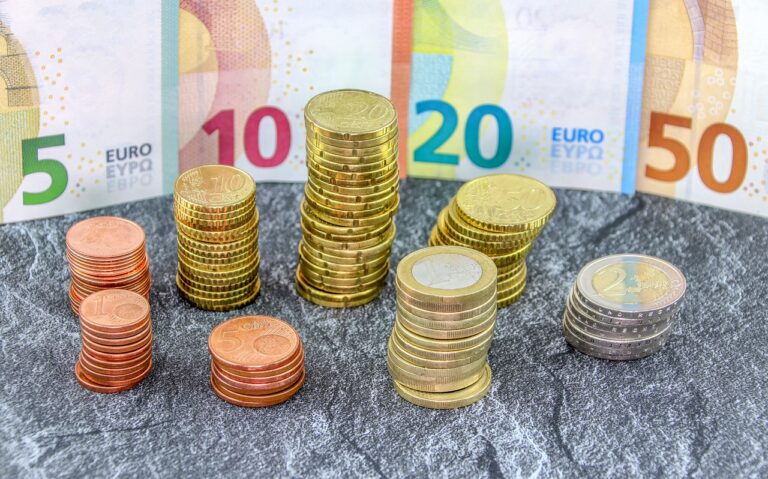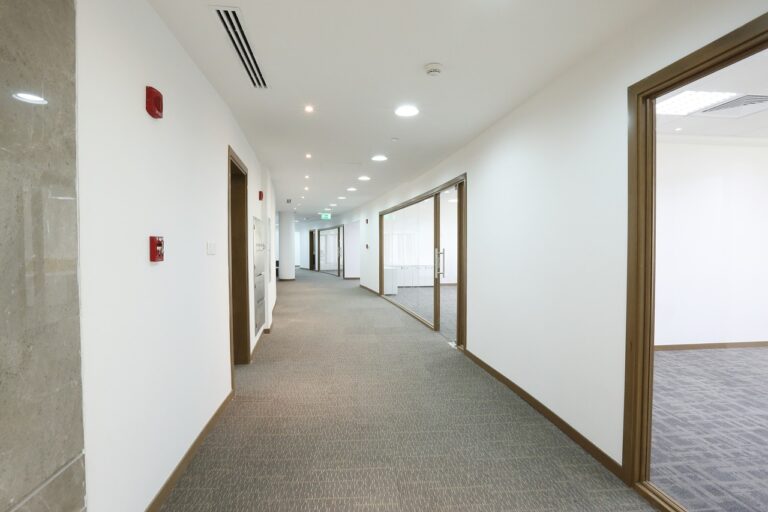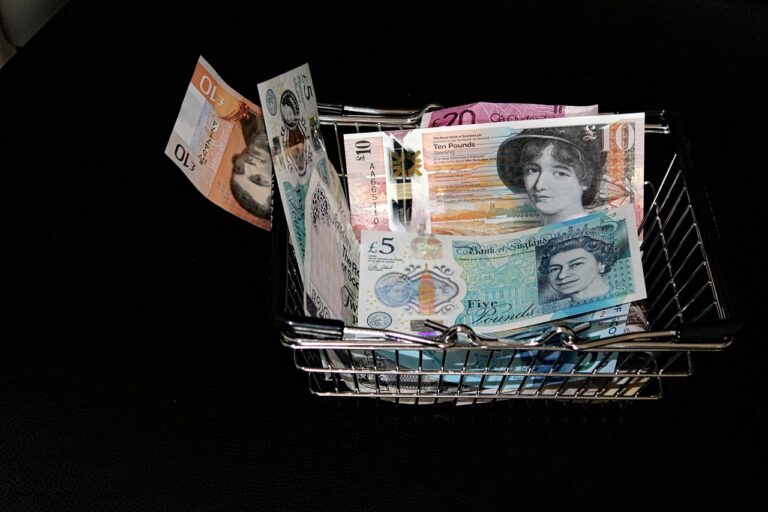The Influence of Social Media on Beauty Standards
In today’s digital age, the influence of social media on beauty standards cannot be understated. Platforms like Instagram, TikTok, and YouTube have given rise to a new generation of beauty icons— influencers and celebrities who shape trends and set benchmarks for beauty. With millions of followers, these personalities have the power to dictate what is considered beautiful, leading to a shift in traditional standards towards a more diverse and inclusive representation of beauty.
These influencers and celebrities often collaborate with beauty brands, creating their own makeup lines or endorsing products, further solidifying their status as beauty icons. Their reach extends beyond borders, transcending cultural differences and reaching a global audience. By showcasing their flawless makeup looks, skincare routines, and hair transformations, they have become aspirational figures for many, influencing not only what products people buy but also how they perceive beauty.
Comparison Culture: How Social Media Promotes Unrealistic Beauty Standards
Social media has undeniably changed the way we perceive beauty and ourselves. With influencers and celebrities showcasing their flawless appearance online, it’s easy to fall into the trap of comparing ourselves to these unrealistic standards. The constant exposure to edited and filtered images creates a culture of comparison that can lead to feelings of inadequacy and a distorted sense of self-worth.
As we scroll through our feeds, we are bombarded with images of flawlessly airbrushed faces and perfectly sculpted bodies. This constant stream of idealized beauty can create pressure to conform to a narrow definition of attractiveness, leaving many feeling like they fall short. The prevalence of filters and photo editing further perpetuates these unrealistic standards, making it challenging to separate reality from fiction in the digital realm.
The Impact of Filters and Photo Editing on Self-Perception
Filters and photo editing tools have become ubiquitous in our digital age, offering users the ability to alter their appearance in photos with just a few taps or clicks. It’s no secret that these tools can enhance an image, smoothing out imperfections, adjusting colors, and even changing facial features. However, the widespread use of filters and editing has sparked concern about the impact they have on self-perception.
Many individuals, especially young people, are exposed to heavily edited and filtered images on social media platforms daily. This constant exposure to unrealistic beauty standards can lead to feelings of inadequacy and poor self-esteem. As a result, there is a growing conversation about the need for authenticity and transparency in the images we consume and create online. It’s essential to consider the long-term effects of relying on filters and editing to alter our appearance and how it shapes our perception of beauty and self-worth.







